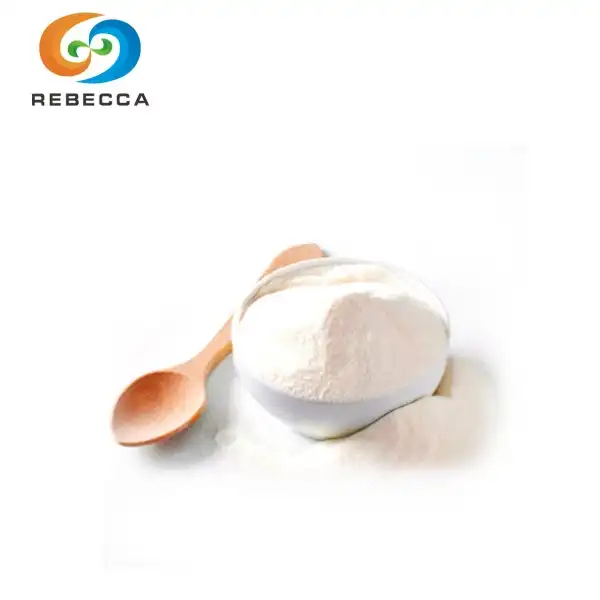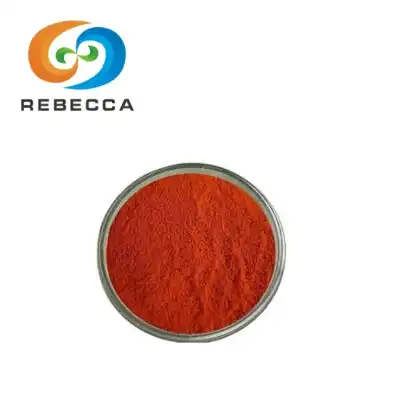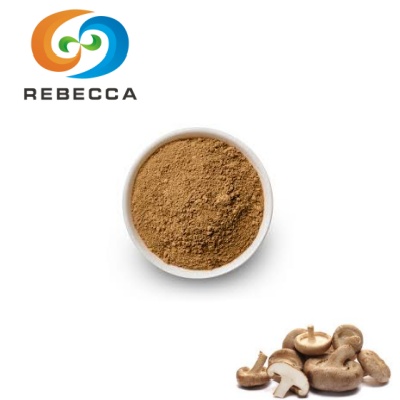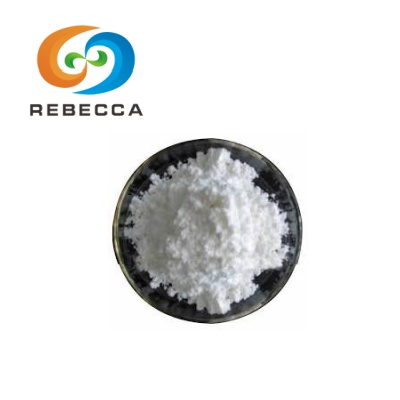Is vitamin B12 good for hair?
Maintaining healthy, luscious locks is a common goal for many individuals. While proper hair care routines and products play a crucial role, the importance of nutrition in hair health cannot be overstated. Among the various nutrients essential for hair growth and maintenance, vitamin B12 has gained significant attention. This article delves into the relationship between vitamin B12 and hair health, exploring its potential benefits and impact on various hair-related concerns.
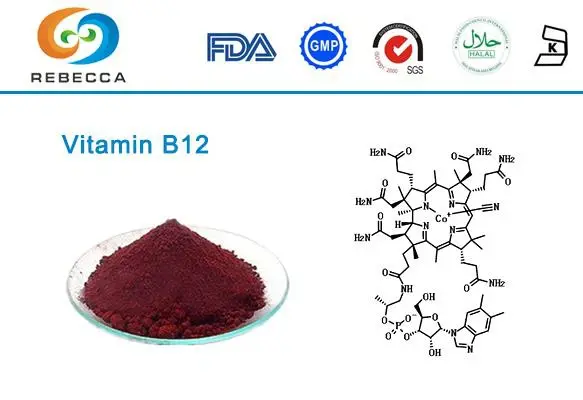
Promotes Hair Growth
Vitamin B12, also known as cobalamin, is a water-soluble vitamin that plays a vital role in numerous bodily functions, including hair growth. Its primary contribution to hair health lies in its ability to support the formation of red blood cells. These cells are responsible for transporting oxygen and nutrients to hair follicles, which is crucial for healthy hair growth.
When your body has adequate levels of vitamin B12, it can efficiently produce red blood cells, ensuring that your hair follicles receive the necessary nutrients and oxygen. This, in turn, can lead to faster hair growth and improved hair quality. Additionally, vitamin B12 aids in the metabolism of fatty acids and amino acids, which are essential building blocks for hair proteins.
Research has shown that individuals with vitamin B12 deficiency may experience slower hair growth and even hair loss. By ensuring sufficient intake of this vital nutrient, you can potentially boost your hair's growth rate and overall health. However, it's important to note that while vitamin B12 supports hair growth, it's not a miracle solution and should be part of a balanced diet and healthy lifestyle for optimal results.

Prevents Early-Onset Gray Hair
One of the lesser-known benefits of vitamin B12 for hair is its potential role in preventing premature graying. While the graying of hair is a natural part of aging, factors such as nutritional deficiencies can accelerate this process. Vitamin B12 deficiency has been linked to early-onset gray hair in some studies.
The connection between vitamin B12 and hair pigmentation lies in its impact on melanin production. Melanin is the pigment responsible for giving hair its color. Vitamin B12 plays a crucial role in the synthesis of DNA and RNA, which are essential for the proper functioning of melanocytes – the cells that produce melanin.
When your body lacks sufficient vitamin B12, it can lead to a reduction in melanin production, potentially resulting in premature graying of hair. By maintaining adequate levels of vitamin B12 through diet or supplementation, you may be able to preserve your natural hair color for longer and delay the onset of gray hair.
It's worth noting that while vitamin B12 can contribute to maintaining hair pigmentation, genetic factors also play a significant role in determining when and how quickly your hair grays. Therefore, while ensuring sufficient vitamin B12 intake may help, it's not a guaranteed solution to prevent gray hair entirely.

Reduce Hair Loss
Hair loss is a common concern for many individuals, and various factors can contribute to this issue. While vitamin B12 is not a cure-all for hair loss, research suggests that it may play a role in reducing hair shedding and promoting hair retention.
One of the ways vitamin B12 can help combat hair loss is through its role in cell reproduction. Hair follicles require a constant supply of new cells to maintain healthy growth cycles. Vitamin B12 is crucial for DNA synthesis and cell division, processes that are essential for the continuous regeneration of hair follicle cells.
Furthermore, vitamin B12 deficiency has been associated with a type of hair loss called telogen effluvium. This condition occurs when a large number of hair follicles enter the resting phase simultaneously, leading to increased hair shedding. By ensuring adequate vitamin B12 levels, you may be able to prevent or mitigate this type of hair loss.
Another way vitamin B12 can potentially reduce hair loss is through its role in stress management. Chronic stress has been linked to various forms of hair loss, including telogen effluvium and alopecia areata. Vitamin B12 is known to play a role in the production of mood-regulating neurotransmitters, such as serotonin and dopamine. By helping to manage stress levels, vitamin B12 may indirectly contribute to reducing stress-related hair loss.
It's important to note that while vitamin B12 can be beneficial for hair health, severe hair loss often requires a comprehensive approach. If you're experiencing significant hair loss, it's advisable to consult with a healthcare professional or trichologist to determine the underlying cause and develop an appropriate treatment plan.

How to Incorporate Vitamin B12 for Hair Health?
To harness the potential benefits of vitamin B12 for your hair, consider the following approaches:
- Dietary Sources: Include vitamin B12-rich foods in your diet, such as lean meats, fish, eggs, and dairy products. For vegetarians and vegans, fortified cereals and plant-based milk alternatives can be good sources.
- Supplementation: If you're unable to meet your vitamin B12 needs through diet alone, consider taking supplements. However, always consult with a healthcare professional before starting any new supplement regimen.
- Topical Applications: Some hair care products now incorporate vitamin B12 in their formulations. While the effectiveness of topical vitamin B12 for hair health is still being researched, it may provide some benefits when used in conjunction with internal supplementation.
- Regular Check-ups: Have your vitamin B12 levels checked periodically, especially if you're at risk of deficiency due to dietary restrictions or certain medical conditions.
Remember that while vitamin B12 can contribute to hair health, it's not a standalone solution. A balanced diet, proper hair care routine, and overall healthy lifestyle are all crucial factors in maintaining beautiful, healthy hair.

Contact Information
Vitamin B12 plays a significant role in promoting hair growth, potentially preventing premature graying, and reducing hair loss. By ensuring adequate intake of this essential nutrient, you can support your hair's health from the inside out. However, it's important to approach hair care holistically, considering factors such as diet, stress management, and proper hair care practices.
If you're concerned about your vitamin B12 levels or experiencing persistent hair issues, it's always best to consult with a healthcare professional. They can provide personalized advice and determine if additional interventions are necessary to address your specific hair concerns.
Remember, healthy hair is a reflection of overall health. By prioritizing your nutritional intake, including adequate vitamin B12, you're not only investing in your hair but in your overall well-being.
For more information about vitamin B12 and its benefits for hair health, feel free to reach out to us at information@sxrebecca.com. Our team of experts is always ready to assist you in your journey towards healthier, more vibrant hair.
References:
- Journal of Cosmetic Dermatology: "The role of vitamins and minerals in hair loss: A Review"
- International Journal of Trichology: "Vitamin B12 Deficiency and Hair Loss: A Review"
- Dermatology Practical & Conceptual: "The Role of Vitamins and Minerals in Hair Loss: A Review"
- Nutrients: "The Role of Vitamins and Minerals in Hair Loss: A Review"
- Journal of Clinical and Aesthetic Dermatology: "Nutrition and Hair: Deficiencies and Supplements"
- Dermatologic Therapy: "The Role of Micronutrients in Hair Loss: A Review"




